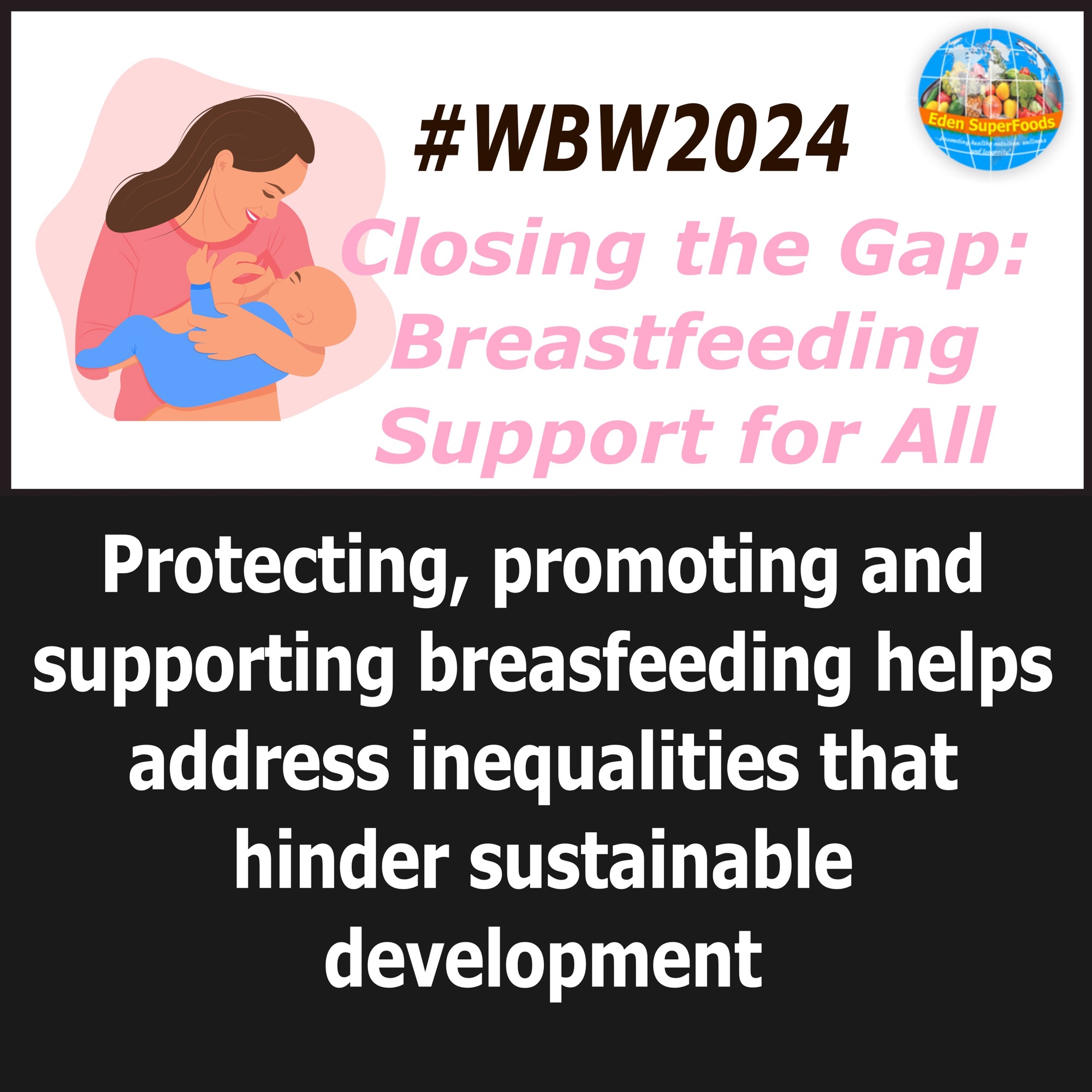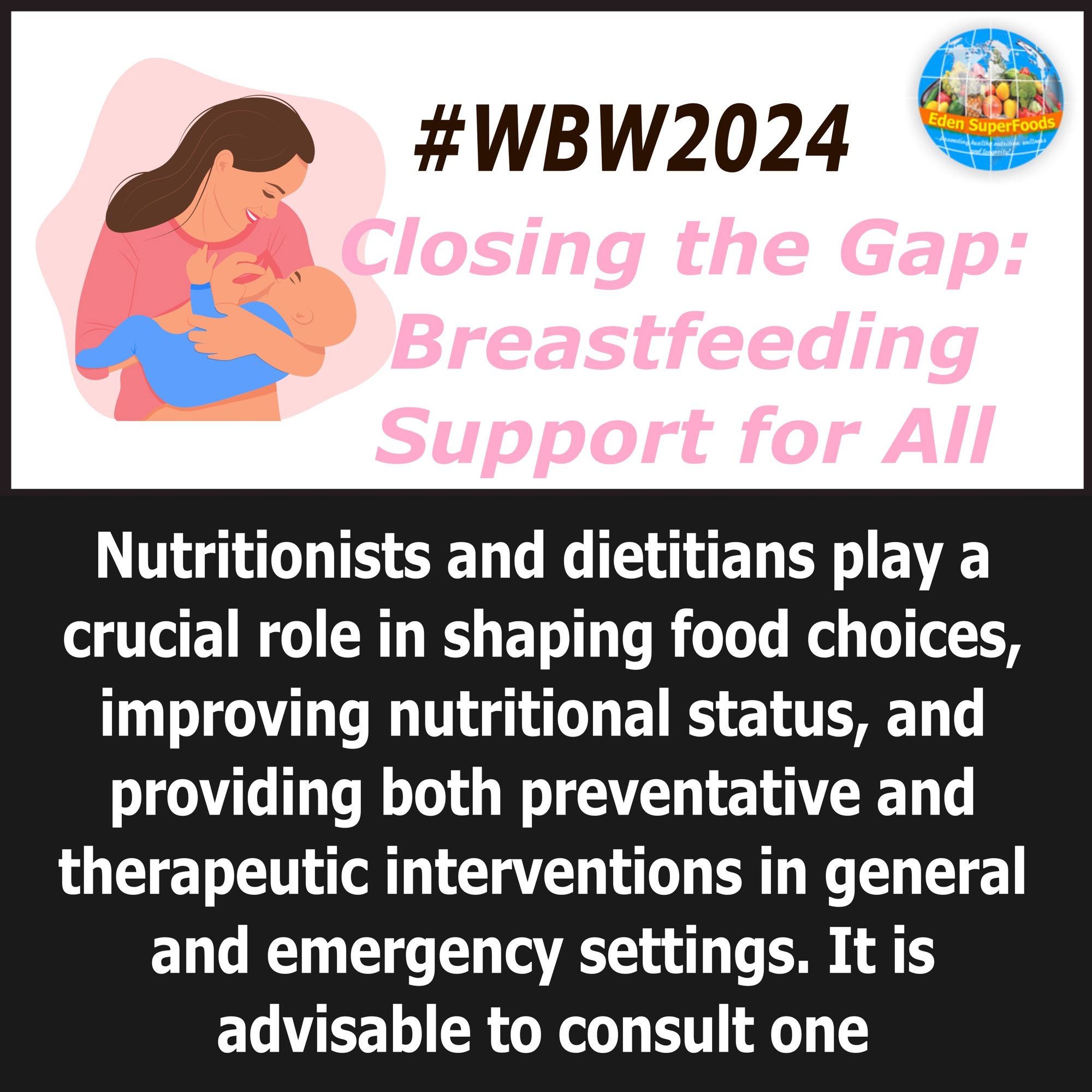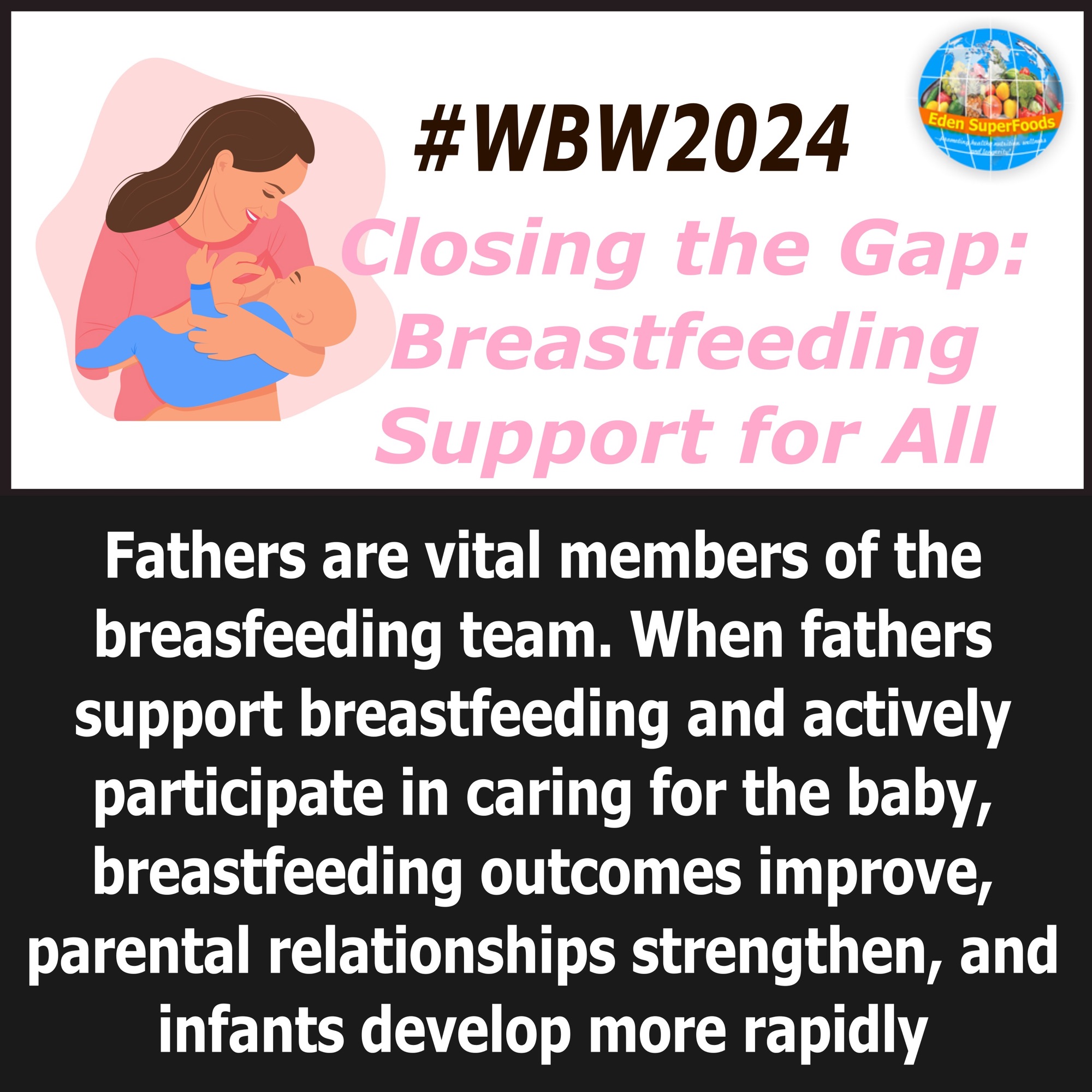Breastfeeding is not just a personal choice but a global imperative. It plays a critical role in addressing inequalities and fostering sustainable development. Let’s explore how protecting, promoting, and supporting breastfeeding can create a more equitable and sustainable world.
Addressing Health Inequities
Breastfeeding provides infants with essential nutrients that are crucial for their growth and development. It helps reduce the risk of malnutrition and common childhood illnesses, thereby leveling the playing field for children from different socioeconomic backgrounds.
Economic Benefits
Supporting breastfeeding can lead to significant economic benefits. Families save money that would otherwise be spent on formula and medical expenses related to infant illnesses. On a larger scale, healthier populations mean reduced healthcare costs and increased productivity.
Environmental Impact
Breastfeeding is an environmentally friendly option compared to formula feeding, which requires resources for production, packaging, and transportation. By promoting breastfeeding, we can reduce our ecological footprint and contribute to environmental sustainability.

Social and Cultural Support
Creating a supportive environment for breastfeeding involves cultural and societal changes. Public awareness campaigns, workplace accommodations, and community support systems can help normalize and encourage breastfeeding, making it possible for more mothers to make this beneficial choice.
Policy and Advocacy
Governments and organizations play a crucial role in protecting and promoting breastfeeding through policies and advocacy. Maternity leave, breastfeeding-friendly public spaces, and healthcare support are essential components that need to be addressed to support breastfeeding mothers.
It is a Multifaceted Approach to Support Sustainable Development
Protecting, promoting, and supporting breastfeeding is a multifaceted approach that can help address inequalities and support sustainable development. By understanding and acting on its benefits, we can create a healthier, more equitable, and sustainable future for all.





